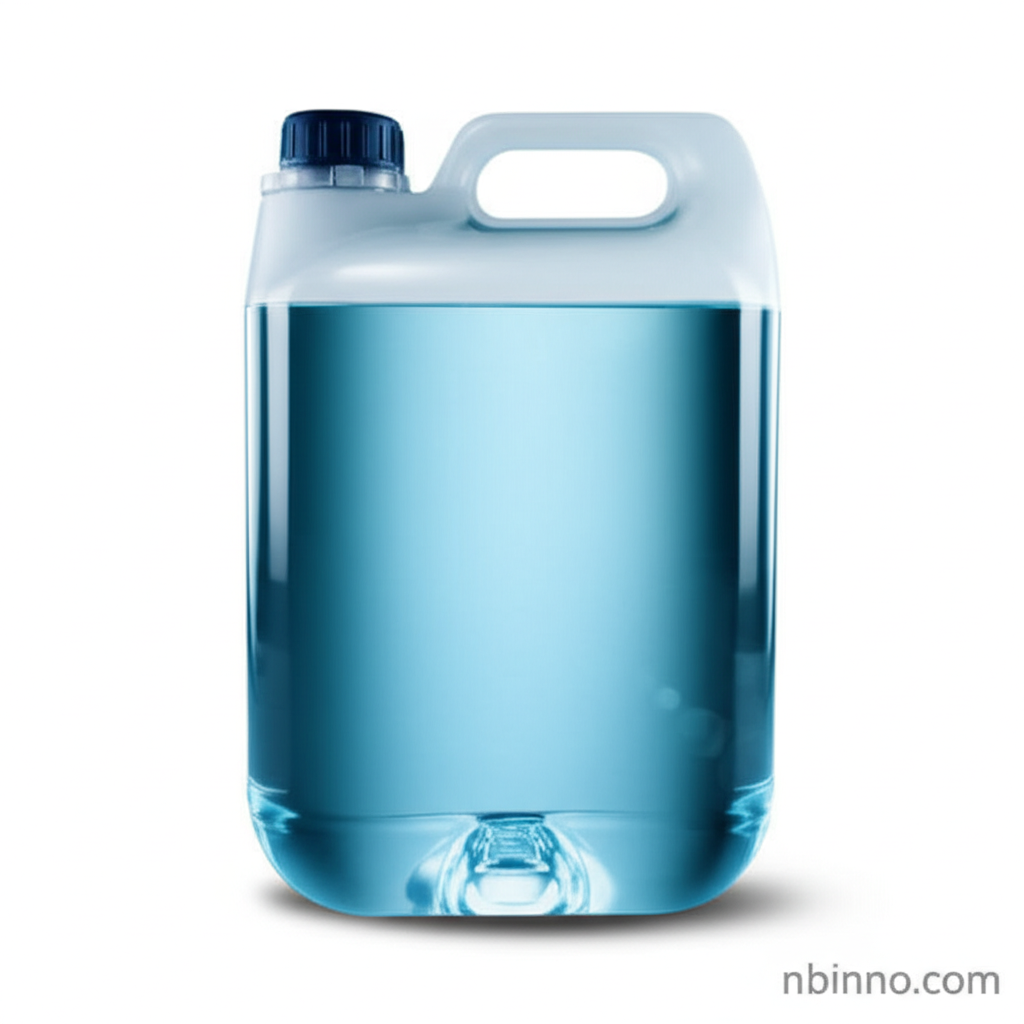Unlock Enhanced Fire Safety: Understanding Tris(2-chloroisopropyl) Phosphate (TCPP) Applications and Benefits
Discover the critical role of Tris(2-chloroisopropyl) phosphate (TCPP) as a premier flame retardant. Learn about its diverse applications, superior properties, and why it's a trusted chemical solution for improving fire safety across numerous industries. We are a reliable supplier in China.
Get a Quote & SampleProduct Core Value

Tris(2-chloroisopropyl) phosphate
As a leading chemical manufacturer in China, we provide Tris(2-chloroisopropyl) phosphate (TCPP), a high-performance organophosphate flame retardant. Its excellent thermal conductivity and hydrolytic stability make it indispensable for enhancing fire resistance in a wide array of materials. This compound is crucial for achieving stringent fire safety standards.
- The application of TCPP in polyurethane foam manufacturing significantly boosts fire resistance, meeting critical ASTM84 (II) standards.
- We offer Tris(2-chloroisopropyl) phosphate as a reliable chemical flame retardant solution for textiles, crucial for improving their fire safety.
- Explore the diverse uses of Tris(2-chloroisopropyl) phosphate in plastics, contributing to enhanced safety in electronic components and high-temperature applications.
- As a key supplier in China, we ensure the quality of Tris(2-chloroisopropyl) phosphate for building material fire safety additives, promoting safer construction.
Advantages You Gain
Enhanced Fire Resistance
Tris(2-chloroisopropyl) phosphate (TCPP) significantly elevates the fire resistance of materials, a vital aspect when considering effective flame retardants for textiles and other sensitive applications.
Superior Stability
Benefit from the excellent hydrolytic stability of TCPP, ensuring its performance remains consistent even in demanding environments, contributing to long-term product integrity.
Versatile Application
The low viscosity and wide compatibility of TCPP make it a versatile additive for various polymers and resins, including polyurethane foam and polyester resins, simplifying production processes.
Key Applications
Polyurethane Foams
TCPP is extensively used in both soft and rigid polyurethane foams, offering excellent flame retardancy for furniture, automotive interiors, and construction insulation, crucial for building material fire safety additives.
Textiles and Fabrics
For enhanced safety, TCPP is applied to textiles such as upholstery and curtains, serving as an effective flame retardant for textiles by slowing flame spread and increasing ignition resistance.
Plastics and Resins
It is incorporated into various plastic formulations and resins, including polystyrene and phenolic resins, to impart fire resistance, making it a valuable component for industrial chemical applications.
Automotive Industry
In automotive applications, TCPP ensures interior components meet strict fire safety standards, contributing to overall vehicle safety and compliance.
